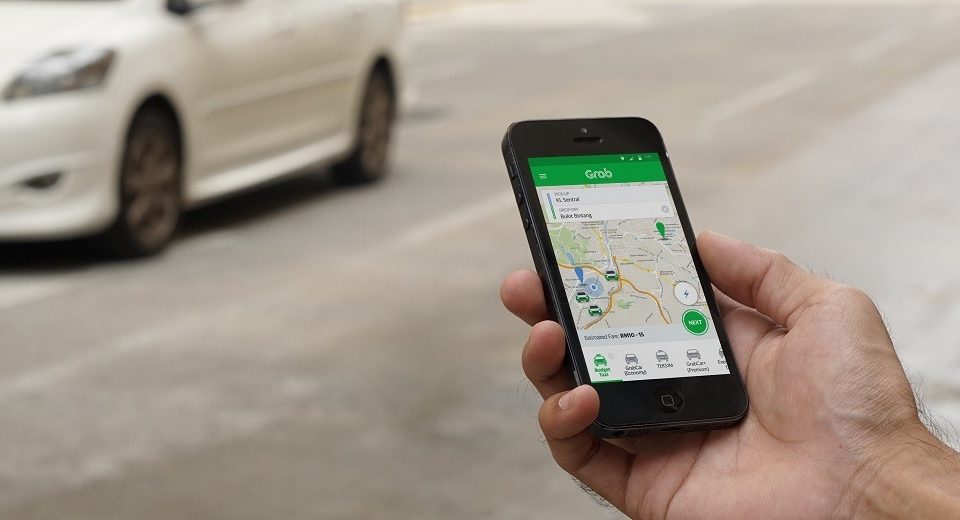Rapidly growing ride-hailing service rivals Grab and Go-Jek are fiercely competing for market share in Indonesia (and now in other countries too, after Go-Jek recently launched in Vietnam). But besides each other, one of the main challenges the two companies face is drivers who attempt to cheat their systems using increasingly sophisticated methods.
Grab recently cleaned house in Indonesia, announcing that it had ended its working relationship with tens of thousands of their “partner drivers” (as the companies euphemistically refer to the freelance-like arrangements they have with their service providers) over their attempts to defraud their system.
Ridzki Kramadibrata, the managing director of Grab Indonesia, said that the drivers in question had attempted to cheat their system in a variety of ways including fake GPS and “tuyul” apps (a reference to a kind of Indonesian ghost baby, it’s software that can be used to create fake customer and driver accounts).
“We have turned off tens of thousands of fictitious accounts. After we turned them off, we do allow these fraudsters to enter our system again,” Ridzki said at a press conference in Grab Indonesia’s office in Jakarta yesterday as quoted by Kompas.
The accounts that were deleted were generally given warnings first and given a chance to improve their work first, Ridzki said, although some were summarily cut off because of the seriousness of their fraud and a few of the worst were reported to the police as a deterrent to others.
Analysts believe fraud among ride-hailing drivers is rampant in Indonesia, with both Grab and Go-Jek both having to constantly create new anti-fraud tools to combat the increasingly sophisticated methods used to cheat their systems. According to a recent survey by Jakarta-based Institute for Development of Economics and Finance (INDEF), 61% of ride-hailing drivers know other drivers who have committed fraud.




